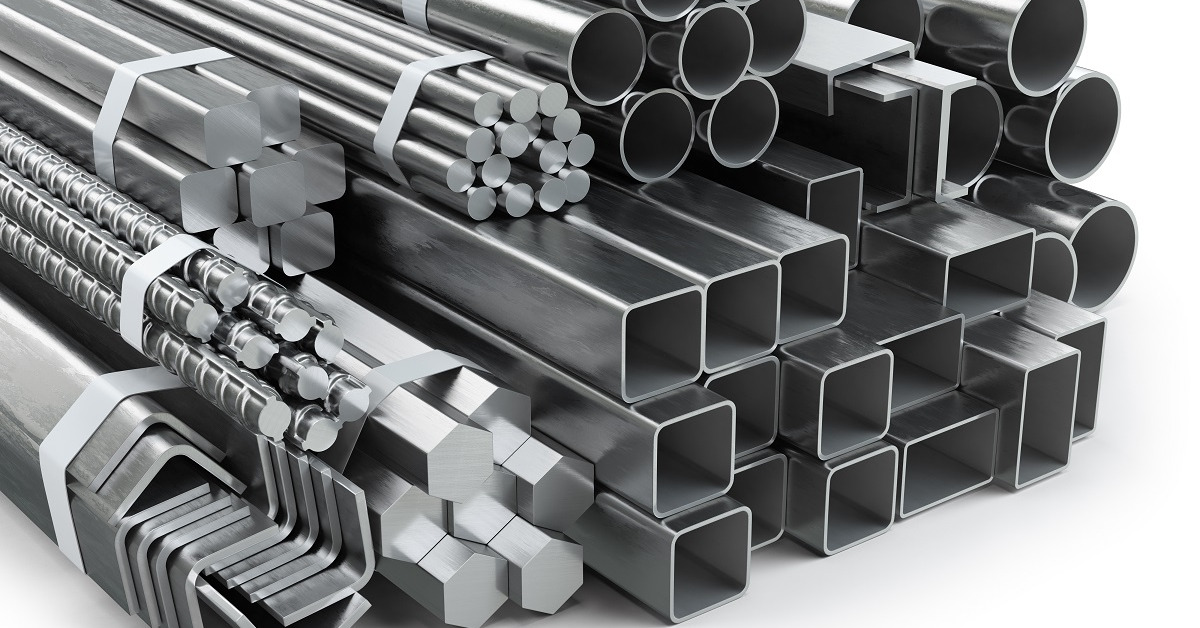
- +8615586668226
- [email protected]
- No. 30, Hongbang Industrial Park, Shenzhen

Alloy steel is a type of steel that includes additional elements besides iron and carbon. These elements, known as alloys, enhance the steel’s mechanical properties.
By adjusting the alloy content, manufacturers can create steels with specific characteristics suited for various applications.
Stainless steels are renowned for their corrosion resistance and attractive appearance. They are a subset of high alloy steels with a minimum of 10.5% chromium content.
The chromium in stainless steel forms a passive layer of chromium oxide, preventing rust and enhancing durability.
Understanding the difference between alloy steel and stainless steel is key to selecting the right material.
| Feature | Alloy Steel | Stainless Steel |
|---|---|---|
| Composition | Iron, carbon, and other alloys | Iron, carbon, minimum 10.5% chromium |
| Corrosion Resistance | Moderate | High |
| Cost | Generally less expensive | More expensive |
| Applications | Structural components, tools | Medical devices, kitchenware, cutlery |
| Magnetic Properties | Varies | Austenitic is non-magnetic; others are magnetic |
While both are types of steel, their properties differ significantly due to their composition.
Each steel grade offers unique properties tailored to specific needs.
Understanding these properties helps in choosing the right steel for your project.
Alloy steels are used in various industries due to their versatility.
Their enhanced mechanical properties make alloy steels suitable for demanding applications.
Choosing between alloy steel and stainless steel depends on project requirements.
For projects where cost and strength are prioritized over corrosion resistance, alloy steel would be the ideal choice.
Several factors influence the selection of steel:
At our CNC fabrication manufacturing plant, we guide clients in choosing the right steel to meet their specific needs.
Carbon content plays a significant role in steel properties.
Adjusting carbon levels allows for customization of steel’s mechanical properties.
Is alloy steel better than stainless steel?
It depends on the application. Alloy steel offers higher strength and is less expensive than stainless steel, but stainless steel provides superior corrosion resistance.
Can alloy steel rust?
Yes, alloy steel can rust due to iron content and lower chromium levels compared to stainless steel.
What is the main difference between alloy steel and stainless steel?
The primary difference between alloy steel and stainless steel is the chromium content, which gives stainless steel its corrosion-resistant properties.
When should I use stainless steel over alloy steel?
Use stainless steel when corrosion resistance and hygiene are critical, such as in medical devices or food processing equipment.
What are common applications of alloy steel?
Alloy steels are commonly used in automotive parts, construction materials, and tools due to their strength and durability.
Enhance your projects with the perfect steel. Explore our services:
Ready to choose the right steel for your project? Contact us today and let our experts assist you.
Selecting the ideal steel is crucial for your project’s success. Trust our expertise to guide you every step of the way.
Get the latest trends and facts about CNC fabrication from our blog.
Shenzhen Runkey Precision Technology Co. Ltd, a subsidiary of the Tensun Group, is your trusted one-stop solution for custom manufacturing from prototyping to production.Transforming your idea into reality with digital manufacturing resources,streamlined processes, expert guidance,accelerated timelines, and uncompromising quality.
©2024. CNC Fabrication All Rights Reserved.